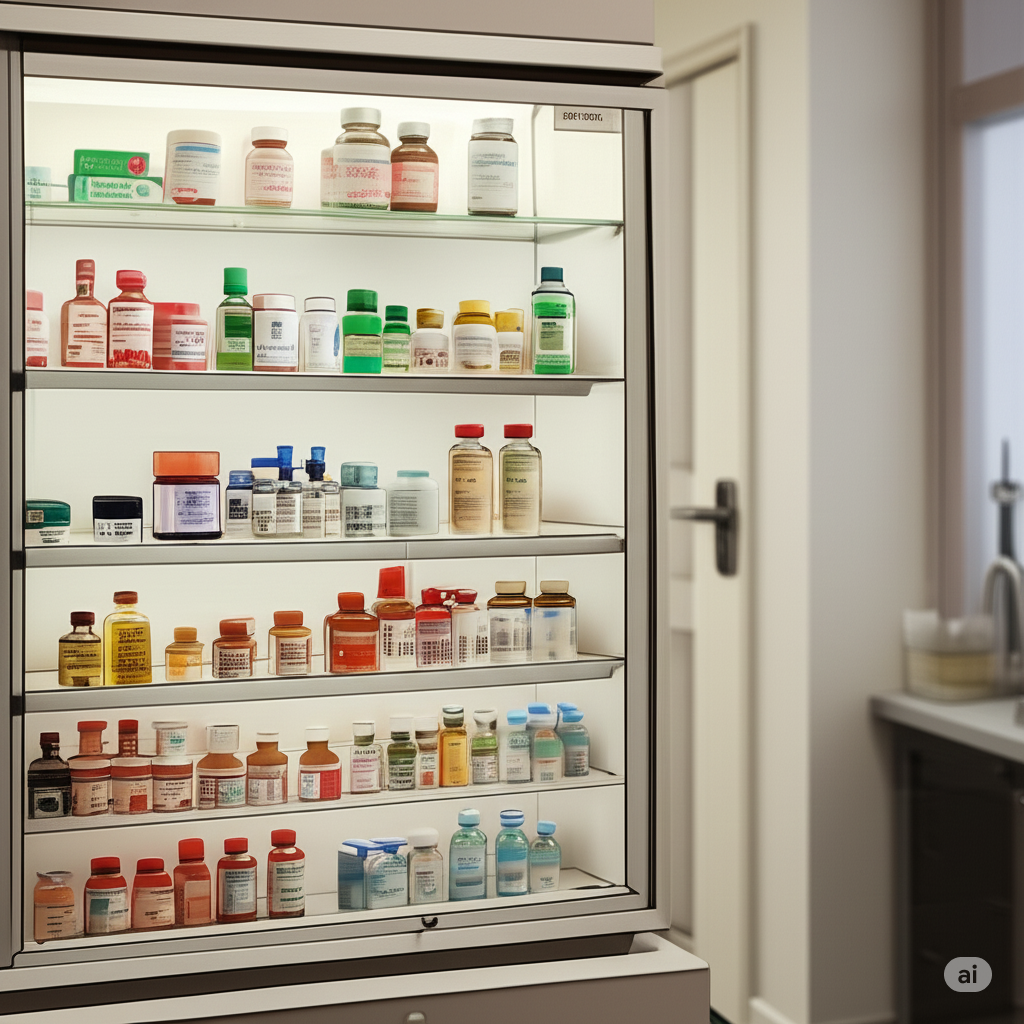Comprehensive Medical Detox Guide for Opioids, Alcohol, and Benzos
Embarking on a recovery journey often starts with medical detox, an essential phase for those grappling with dependence on substances like opioids, alcohol, and benzodiazepines. This comprehensive guide delves into the medical protocols designed to safely navigate withdrawal symptoms.
Understanding Medical Detox
At its core, medical detox stands as a beacon for individuals seeking respite from the chains of drug or alcohol dependence. Under the watchful eye of healthcare experts, it ensures withdrawal is both safe and tolerable, paving the way for sustained addiction treatment.




